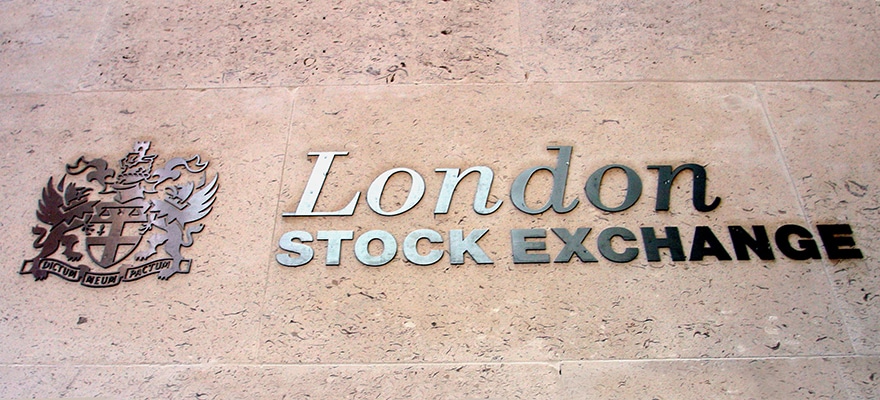The landmark merger between Deutsche Börse and the London Stock Exchange Group (LSE) is barrelling ahead despite widespread resistance from European exchanges and regulators. Still, in a sign of confidence that the merger will not be obstructed, the two groups have ceded little ground as they look to overcome antitrust concerns that have attempted to stall the deal.
To unlock the Asian market, register now to the iFX EXPO in Hong Kong.
Previously EU regulators as well as a number of European exchanges have voiced their concerns over the magnitude and scale of a Deutsche Börse and LSE merger. In a bid to placate these worries, the groups have extended a rather small offer, which includes the sale of the LSEG’s French clearing arm.
Such a tepid deal or effort on the part of both exchanges to satisfy regulators could signal an erosion of resistance from the European Commission, as well as regulators, ultimately facilitating the deal.
Earlier this month European competition watchdogs began seeking to once again extend their deadline for ruling on the Deutsche Börse takeover of LSE in order to allow regulators more time to review the firms’ Clearing House operations.
This proposed delay was only between 5 to 10 days, and simply served as a speed bump to give regulators the opportunity to question others in the market about any remedies offered by the companies - also known as a market test.
LCH SA a Key Piece of the Puzzle
The deal itself has been quite controversial, namely across Europe, though resistant groups are increasingly finding that their options are limited. For example, the European Commission’s main recourse is a verbal or feedback-based assessment of the exchange’s decision to sell LCH SA, LSE’s Paris-based clearing unit.
LCH SA is responsible for the clearing of derivatives, equities, and repo trades – crucially, the group does not deal with interest rate derivatives, which are important to the deal. What this means is that its disposal would not directly address a litany of points in the commission’s statement of objections relating to LCH.Clearnet in London.
This could be one of the last hurdles to overcome en route to regulatory approval in April for the merger however. LCH SA was pegged for a sale of €510 million deal with Euronext, one of the group’s rivals, however this has not diminished the resolve of other parties to delay the merger.
Another component that is complicating the deal is the impending Brexit situation and the prospect of having holdings outside the EU orbit. Regardless of the concerns, the hour is growing late and the requisite parties are running out of options before the deadline of the European Commission’s eventual decision on April 3, 2017.


















